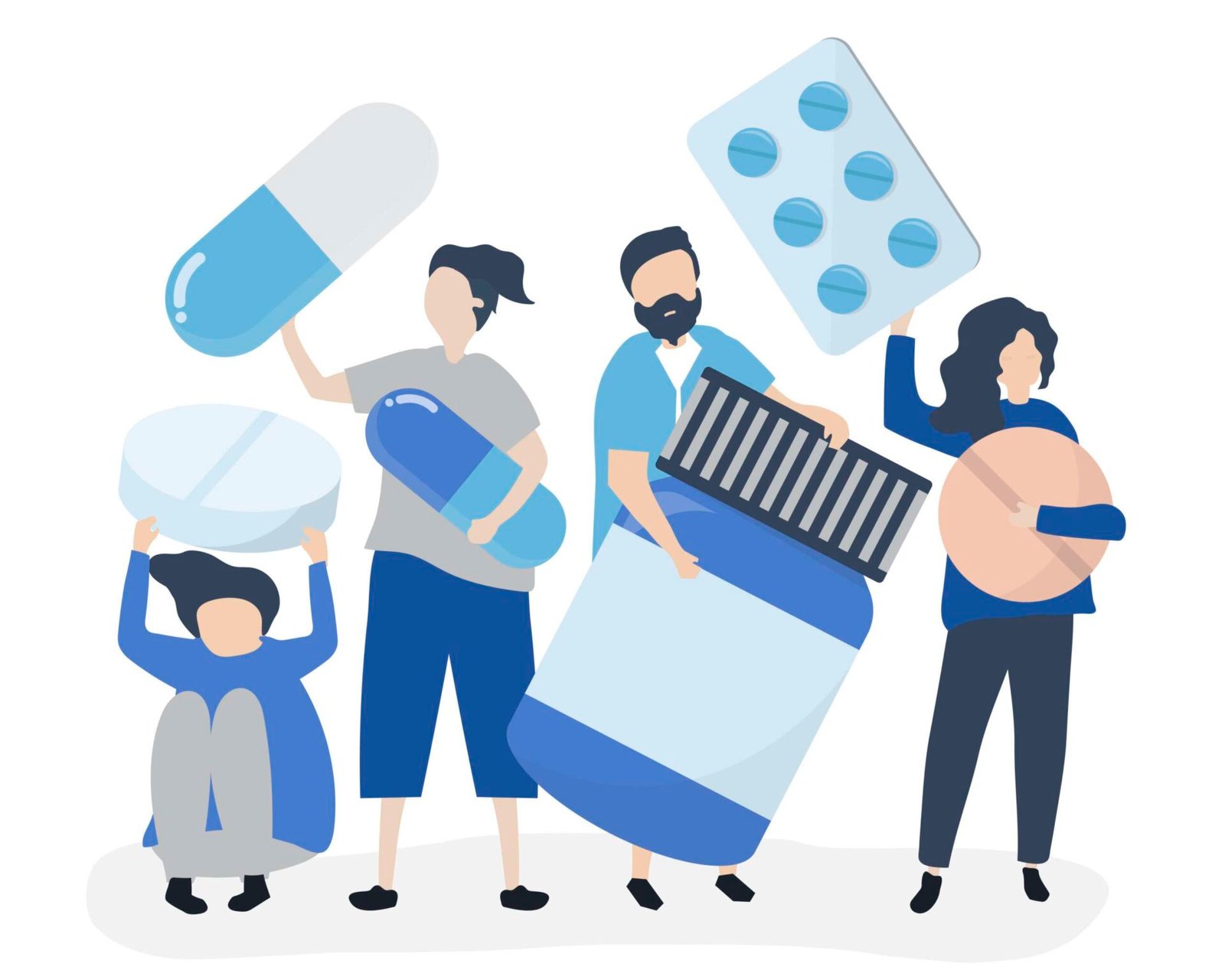Diabetology
Overview
Best Doctor for Diabetes
who is committed to providing personalized care to the unique needs of each patient. As theBest Diabetic Hospital
, we also employ state-of-the-art technologies and evidence-based practices to ensure the highest standards of diabetes care.Types of Diabetes Care at Supreme Hospital
At Supreme Hospital, our diabetology services cover a spectrum of diabetes types.
Type 1 Diabetes
Our specialized care addresses the autoimmune nature of Type 1 diabetes, focusing on innovative treatments to manage insulin deficiency caused by the destruction of beta cells in the pancreas
Type 2 Diabetes
With a patient-centered approach, we tackle the common yet complex Type 2 diabetes, emphasizing lifestyle interventions, medications and, advanced treatment options to combat insulin resistance and inadequate insulin production
Gestational Diabetes
Our expert team provides comprehensive care for gestational diabetes during pregnancy, ensuring the health of both the mother and the unborn child. Our solutions are designed to resolve gestational diabetes post-childbirth. post-childbirth.

Diagnosis and Monitoring Excellence
Supreme Hospital employs advanced diagnostic tools and monitoring techniques to provide accurate assessment and ongoing management of diabetes.
Oral Glucose Tolerance Test (OGTT)
Our experienced healthcare professionals utilize OGTT to diagnose diabetes or prediabetes by closely monitoring blood sugar levels following the ingestion of a glucose solution.
HbA1c Test
BCC and SCC are the most common forms of skin cancer. They usually appear on areas frequently exposed to the sun, such as the face and neck. Surgical excision is a common treatment for these cancers
Continuous Glucose Monitoring (CGM)
Through the use of wearable devices, we enable real-time tracking of blood sugar levels, empowering individuals to make informed adjustments to their treatment plans.
Our Holistic Treatment Approaches
Supreme Hospital emphasizes a holistic approach to diabetes care. Our treatments include various strategies for effective management.

Lifestyle Modifications
.
Our dedicated team guides patients on the significance of adopting a healthy lifestyle, including proper diet, regular physical activity, weight management, and smoking cessation, all of which contribute to improved blood sugar control.

Medications
Tailoring our approach to the specific type of diabetes, our expert doctors recommend oral and injectable medications as part of a comprehensive treatment plan. Our focus is on achieving optimal blood sugar levels while considering each patient’s individual needs.

Insulin Therapy
In cases of Type 1 diabetes and advanced Type 2 diabetes, our specialized care includes the prescription and management of various insulin formulations, addressing individual onset and duration profiles.
When it comes to clinical diabetology, Supreme Hospital, home to the Best Doctor for Diabetes, delivers excellent care and support to our patients




